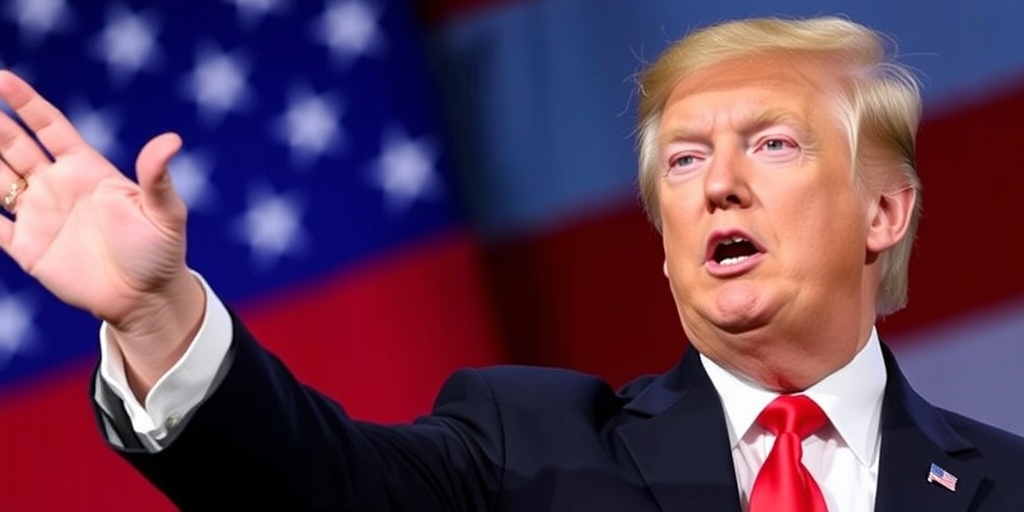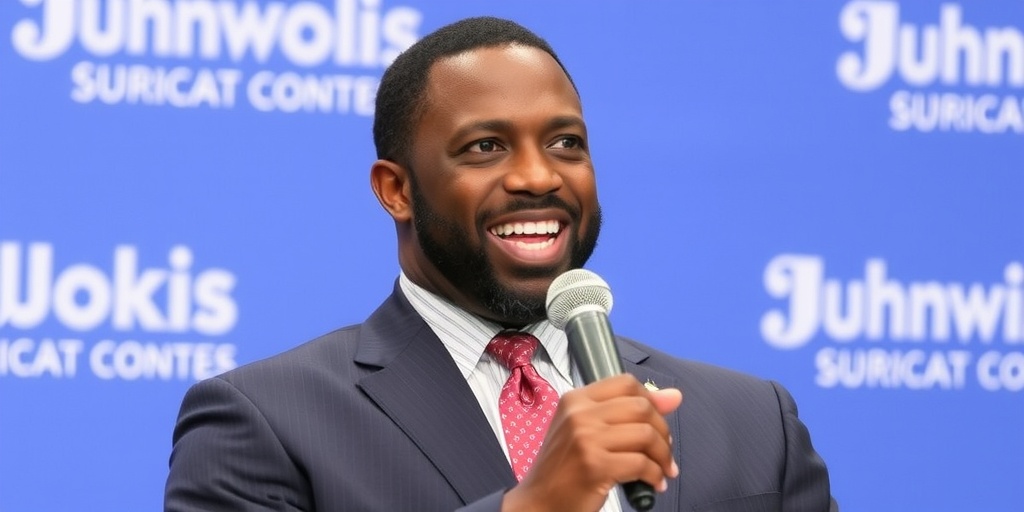Now Reading: Can Trump and Musk Attract More Conservatives to Tesla?
-
01
Can Trump and Musk Attract More Conservatives to Tesla?
Can Trump and Musk Attract More Conservatives to Tesla?
Title: Political Polarization Influences Tesla’s Sales as Conservatives Rally Around the Brand
After President Trump’s recent public endorsement of the Tesla Model S, the electric car manufacturer is witnessing a tumultuous intersection of politics and consumer behavior. The day after Trump expressed his intent to purchase a Tesla, prominent Fox News host Sean Hannity revealed that he had already bought a Tesla Model S Plaid to show support for the company led by Elon Musk, asserting that Tesla vehicles contain more American parts than any other car manufactured in the United States.
This political endorsement comes at a time when Tesla faces a backlash from liberal segments of its customer base, many of whom feel alienated by Musk’s actions and remarks. As a reaction to this perceived shift, a number of right-leaning figures are stepping up to champion the brand, hoping to attract a significant number of conservative buyers to offset the growing aversion to Tesla among progressive consumers.
However, analysts express skepticism regarding the effectiveness of this conservative rescue mission. Industry experts suggest that the exodus of Democratic customers from Tesla is so pronounced that even powerful endorsements from figures like Trump and Hannity are unlikely to compensate for the significant loss. According to forecasts from JPMorgan, Tesla is set to deliver its lowest number of vehicles in the first quarter than it has in the past three years, a concerning indicator for its sales trajectory.
Alexander Edwards, president of Strategic Vision, an automotive research firm, noted the potential pitfalls associated with alienating a substantial portion of the market. He stated, “When you make your product unattractive to half the market, I promise you, you won’t increase your sales.” This reflects broader demographic shifts within the electric car market; historically, electric vehicle owners, including Tesla enthusiasts, were more likely to identify as Democrats or liberals. However, recent surveys reveal a remarkable change: the proportion of Tesla buyers who identify as Republicans now slightly surpasses those identifying as Democrats, at 30% versus 29%.
Edwards points to significant political shifts impacting Tesla’s brand perception, tracing the decline in interest among Democratic purchasers back to Musk’s acquisition of Twitter (now X) and his overt support for Trump. When Musk declared his political allegiance in 2022, the percentage of Democrats who indicated they would “definitely consider” a Tesla dropped by half. Presently, only about 8% of car owners express a strong preference for Tesla, a drastic decline from 22% five years ago, when the company was widely regarded as a top luxury brand.
This decline in appeal is not lost on industry experts, who attribute Tesla’s diminishing sales largely to Musk’s controversial public persona. Nevertheless, the automaker remains the dominant player in the U.S. electric vehicle market, holding approximately 44% market share, despite a 5.6% fall in sales to approximately 634,000 vehicles in 2024, according to Kelley Blue Book.
Among loyal Tesla enthusiasts, there remains a sense of commitment to the brand. Like many car owners, Josh Anders from Fort Wayne, Indiana, a self-identified conservative, has enjoyed the utility and innovation of his Tesla Model 3, stating, “Owning a Tesla was one of the best decisions I ever made, and I’m sticking by it.” Anders emphasizes that while he recognizes Musk isn’t perfect, he appreciates the brand’s commitment to pushing technological boundaries and innovation.
However, the intersection of car ownership and political identity is historically deep-rooted. Notable examples include the Chevrolet Volt, which was often labeled the “Obamacar” by conservative critics, and the Toyota Prius, which has been embraced by environmentally conscious consumers while derided by others.
As attitudes toward Tesla transform, some individuals, like Isaac Seliger from Scottsdale, Arizona, indicate a shift in personal perspective. Although he previously had limited interest in electric vehicles, Seliger is now determined to buy a Tesla to make a statement against perceived polarization. “As a former lefty and antiwar guy, this all makes me want to buy a Tesla more,” he argues, suggesting that his purchase would serve as a political statement.
Despite this enthusiasm, automotive analysts caution that Tesla may encounter sustained challenges due to a lack of regular updates to their product line and the introduction of new models by competitors. Additionally, the expanding accessibility of Tesla’s charging stations to other brands poses a potential threat to its market share. Loren McDonald, chief analyst at Paren, warned that increased competition is eroding the advantages Tesla once held regarding range and technological innovation.
While many consumers don’t typically make vehicle purchase decisions based on political affiliations, a brand’s image remains pivotal. As Tesla’s sales continue to decline amidst a broader increase in overall electric vehicle sales, analysts stress that Musk’s actions may be pushing consumers towards alternative options.
For affluent conservatives like Hannity and Trump, the choice of a Tesla may serve as a personal emblem of political and economic identity. Yet, experts doubt these high-profile endorsements will resonate with individuals of more modest means who may be wary of the brand due to its political associations. As the electric vehicle landscape evolves, understanding the interplay between consumer identity, political affiliations, and brand loyalty will be crucial for Tesla moving forward.
Stay Informed With the Latest & Most Important News
Previous Post
Next Post
-
 01New technology breakthrough has everyone talking right now
01New technology breakthrough has everyone talking right now -
 02Unbelievable life hack everyone needs to try today
02Unbelievable life hack everyone needs to try today -
 03Fascinating discovery found buried deep beneath the ocean
03Fascinating discovery found buried deep beneath the ocean -
 04Man invents genius device that solves everyday problems
04Man invents genius device that solves everyday problems -
 05Shocking discovery that changes what we know forever
05Shocking discovery that changes what we know forever -
 06Internet goes wild over celebrity’s unexpected fashion choice
06Internet goes wild over celebrity’s unexpected fashion choice -
 07Rare animal sighting stuns scientists and wildlife lovers
07Rare animal sighting stuns scientists and wildlife lovers



















